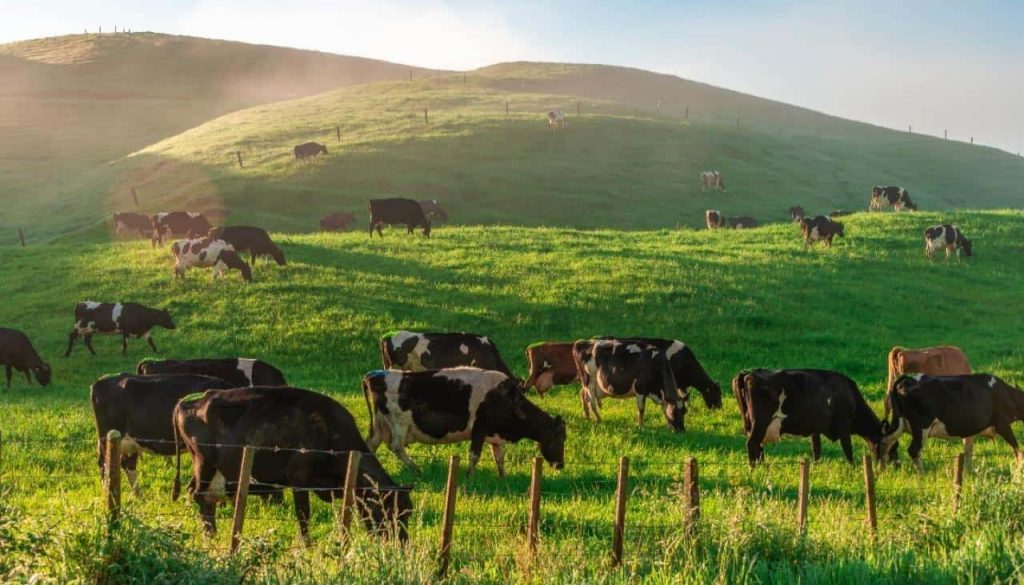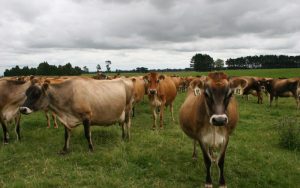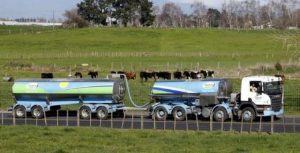
There are concerns for the wellbeing of farmers across Aotearoa as many continue to feel financial pressure.
The Reserve Bank (RBNZ) on Wednesday released its half-yearly financial report, saying it expected some farmers might have to default on loans due to rising costs.
Commodity prices have also dipped due to an oversupply and softer demand from China, with Fonterra adjusting its milk price to $7.25 – down from $8.
“A lower milk payout and increased costs are likely to see some dairy farmers making a loss in the current season, with highly indebted farmers particularly at risk,” the RBNZ said in its Finacial Stability Report. “Meanwhile, farmers in some areas face increased risk of drought conditions due to the impact of El Niño on weather patterns.”
Waikato dairy farmer Gaynor Tierney said she has had to make changes to save money.
“At the start of the milking season, I suppose we knew pretty early on that the milk price was going to be under a bit of pressure,” she told AM. “We really started budgeting from scratch to see what direction the year was going to take.
“We very much started going through all the variable costs, the fixed costs, feed costs, electricity costs – working out where we could potentially make some savings. Sometimes it’s as simple as leaving the farm bike at the house and walking to get the cows in the morning.”
Fortunately, Tierney said her farm had moved to milking once a day – allowing them to keep a lid on certain costs.
“There’s such a variable amount of different farm systems in New Zealand now; different, flexible milking times – everyone’s got a slightly different system but, for us, once a day works really well.
“It’s really, really variable. I think a lot of farmers, reasonably early on, were aware of potentially what the milk price was doing.”
Earlier this year, global dairy prices fell by 7.5 percent to lows not seen for five years. Prices have rallied since then, posting gains at the past four Global Dairy Trade auctions.
Tierney told AM there was plenty of support available for farmers to help those struggling financially.
In the meantime, the RBNZ said farmers may be able to put maintenance and other expenses on hold to offset milk losses.
“Given these buffers, a single season with a soft payout is not likely to lead to widespread financial distress across the industry but a prolonged downturn in prices could see a material pickup in loan losses for banks.”

























